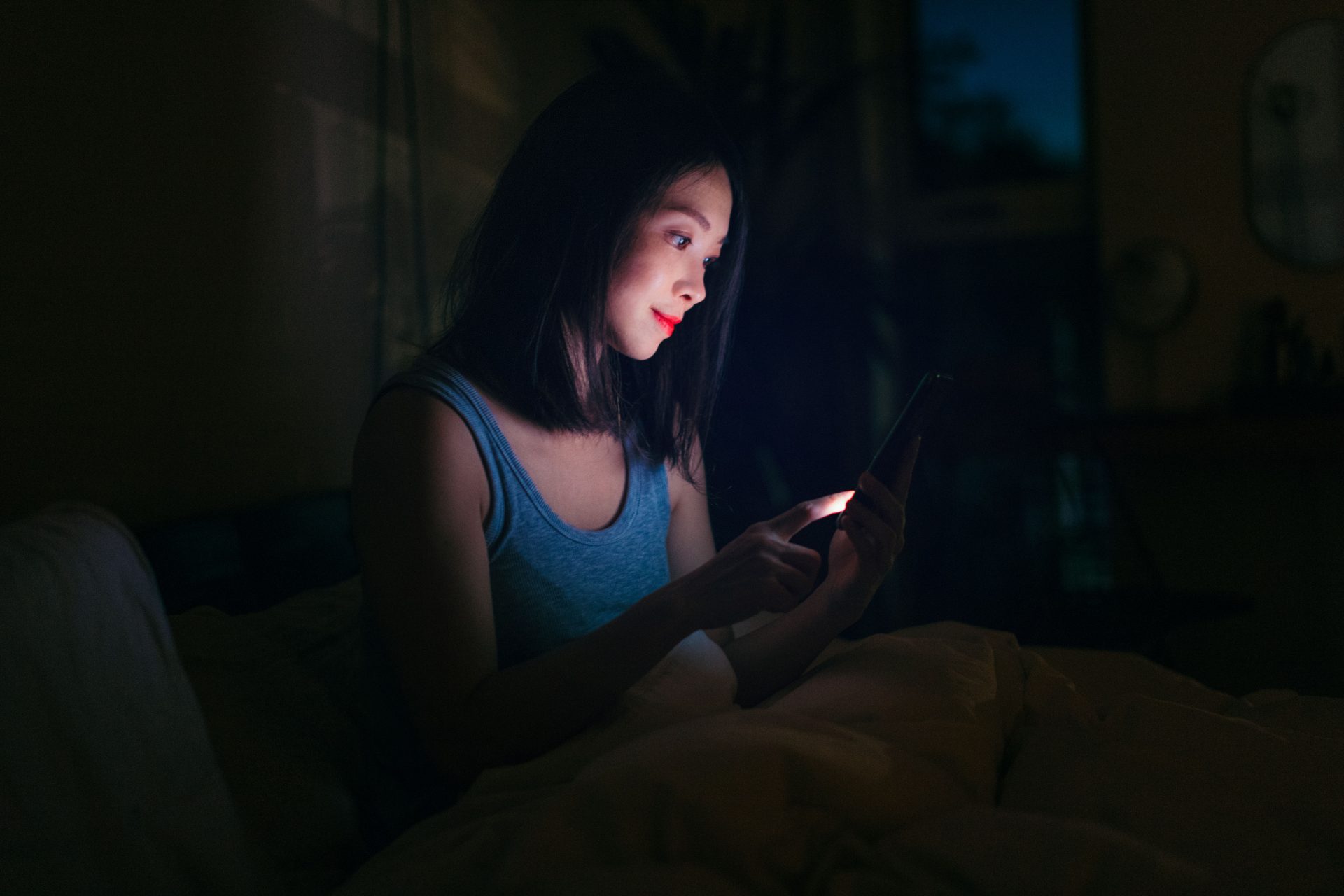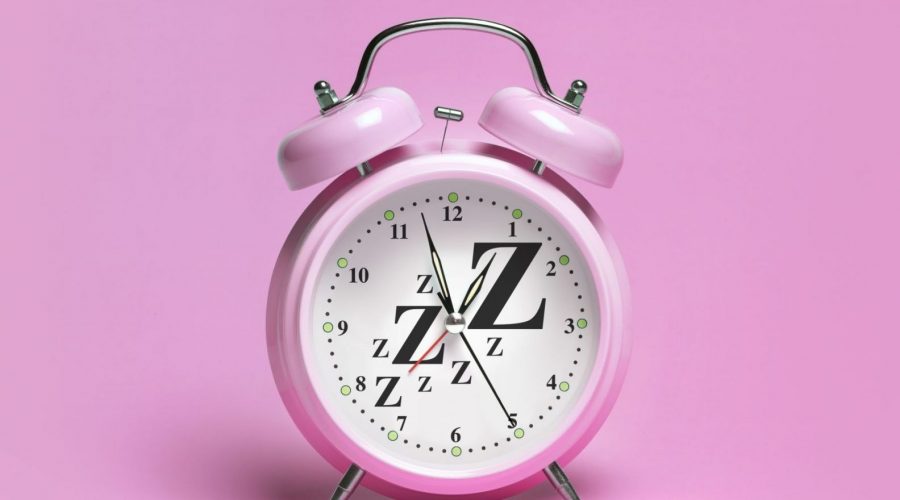Want to give something up this January? Ditch post-10pm bedtimes
The ideal bedtime might be earlier than you think, but Strong Women’s Chloe Gray swears by it.
For the past two years, I’ve made a firm commitment to myself: to be in bed by 10pm. Ideally, I’d be asleep by then, but as long as I’m tucked up with my eye mask on then I’ll call it a win.
My housemates moan about having to keep quiet at a time they are only just starting their evenings, and my friends find it infuriating when I stop replying mid-conversation. In fact, most people who live busy lives don’t think that they could be asleep by 10pm. How could they, when they’re only just feeling re-energised from their dinner, are locked in to the new series of This Is Us or still scrolling through their work emails while lying on the sofa?
You may also like
“How can I build a better bedtime routine?” A sleep expert answers your questions
It takes discipline to crawl into bed when there are other things to be doing (and it is undoubtedly easier for me, as a childless person who works from home), but the benefits outweigh the sacrifice. The research and sleep experts agree with me. “Getting to be around 9:30-10pm is optimal and it is one of the non-negotiables in my sleep protocol,” says Stylist’s resident sleep expert Dr Nerina Ramlakhan.
The benefits of a 10pm bedtime
Personally, my anxiety has reduced, mental focus improved and my exercise feels easier and more exciting when I’m rested. I came to appreciate those things even more over Christmas, when my routine was thrown off and I began to notice that my mental health had taken a step back.
There are long-term benefits to early nights, too. In November 2021, a study published in the European Heart Journal of over 88,000 participants in the UK found that falling asleep at 10pm or after is associated with a lower risk of developing cardiovascular disease. The highest rate of heart conditions was found in participants who went to sleep after midnight, but it was also high in people who went to sleep much before 10pm too.

Researchers can’t confirm cause and effect, as there are lifestyle habits and illnesses that are involved in early or late bedtimes that can increase your risk of cardiovascular disease, such as staying up drinking alcohol. However, they found that the risk was still high for people who went to bed outside of 10-11pm even after researchers adjusted for sleep duration and quality. Essentially, eight hours of sleep after 12pm won’t protect your heart as much as eight hours at 10pm. For me, getting to bed before midnight also make me feel more alert – I’d rather down tools earlier and wake up feeling ready to finish the task than try to be productive late into the evening.
Dr Ramlakhan says that all of this is down to the fact that a 10pm snooze supports, rather than fights, your natural circadian rhythm. “We are physiologically designed in tune with nature – that is your circadian rhythm and it is controlled by the interaction between the pineal gland in the brain and the levels of light in our environment,” she says. Working against that can impact hormones and biology.
You may also like
What on Earth is your circadian rhythm?
“I notice that people who get to bed earlier are less likely to suffer from chronic fatigue, thyroid problems and burnout. They also tend to have healthier lifestyle habits as they then get up earlier to meditate, journal, exercise and take time to eat healthily. It’s a win-win,” Dr Ramlakhan adds. “By and large, and based on my 25 plus years of professional experience, late bedtimes aren’t a good choice.”
How to get to bed before 10pm
We’re sure you’re convinced of the benefits of an early night sleep. But how do you manage it? You have to start by not suppressing that internal clock. “It is easiest to fall asleep when we are in tune with the circadian rhythm. Many people who struggle to get to sleep are actually going to bed too late and have simply suppressed their sleep hormones with blue light and technology. The fact that this usually involves being attached to stressful inboxes doesn’t help, either.”

It’s unrealistic to suggest that you have to avoid all screens from the minute you shut your work laptop. Simply limiting the glare could make all the difference. “I recommend creating an ‘electronic sundown’ a couple of hours before you get into bed to start the transition into rest. Try to avoid being on your phone or in your inbox at the same time as watching TV. Turn the lighting down so the room isn’t too well lit and even light a lavender candle. I also think you should keep your viewing to something that is positive, uplifting and life-affirming in these anxious times. Avoid the news and social media as they usually fuel the anxiety,” says Dr Ramlakhan.
You can try setting your devices to ‘night shift’ too, so the blue light is dulled. Some handsets have this available in the settings, or you can download the f.lux app.
“Once in bed, I recommend being off your electronic devices, reading a book and ideally an old-fashioned paper book rather than an e-reader if you suffer from insomnia.Also journaling or meditating during this time can also set you up perfectly as it brings a sense of safety into your body which is essential for getting amazing sleep,” adds Dr Ramlakhan.
If the transition still feels too overwhelming, Dr Ramlakhan notes that “you don’t have to be fully asleep by 10, but resting and transitioning from your busy day into the restful state that is the precursor for restorative sleep” will still do wonders for your health. That sounds like some doctor’s orders we can get on board with.
Images: Pexles/Getty
Source: Read Full Article
